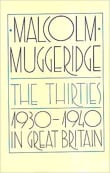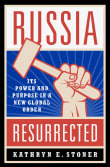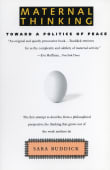Moral Capital

Book description
Revisiting the origins of the British antislavery movement of the late eighteenth century, Christopher Leslie Brown challenges prevailing scholarly arguments that locate the roots of abolitionism in economic determinism or bourgeois humanitarianism. Brown instead connects the shift from sentiment to action to changing views of empire and nation in Britain…
Why read it?
1 author picked Moral Capital as one of their favorite books. Why do they recommend it?

Some historians have argued that industrialisation made the abolition of slavery inevitable. In Moral Capital, Christopher Leslie Brown convincingly argues that abolition was not inevitable—instead, it relied crucially on particular activist campaigns that could easily have never happened.
I discuss abolition at length in my book because it shows that enormous societal advances can be made by groups of activists who are morally ahead of their time and willing to take significant action to improve the world.
From William's list on doing good.
If you love Moral Capital...
Want books like Moral Capital?
Our community of 12,000+ authors has personally recommended 100 books like Moral Capital.


































